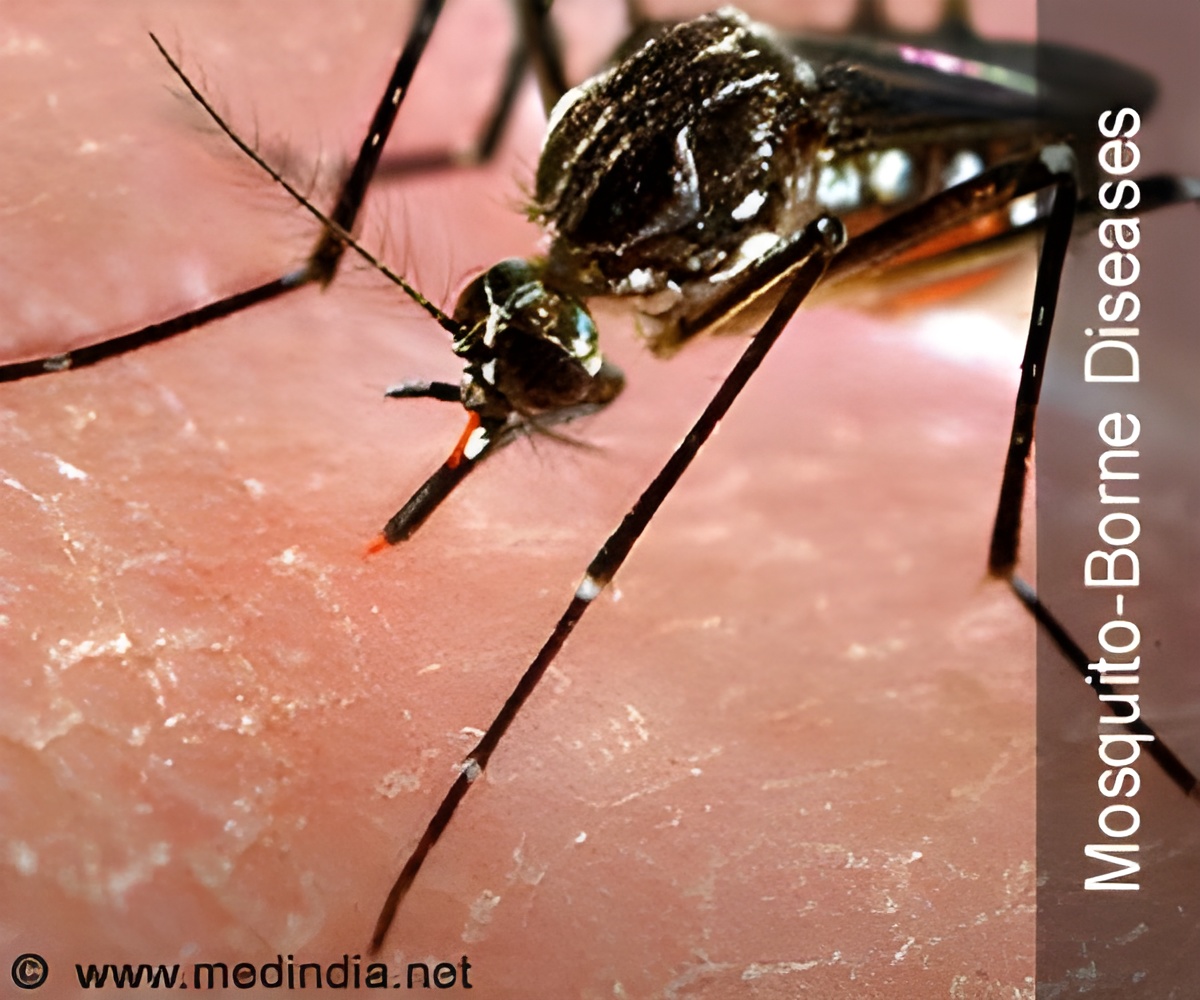Researchers are testing the hypothesis that insertion of key male determining genes into the genome of female mosquitoes could produce fertile or sterile males.

‘Combining male sex determining gene Nix with CRISPR-Cas9 gene-editing technology could help eradicate Aedes aegypti mosquitoes, by driving maleness into wild populations.’





In the lab, Virginia Tech researchers have proven that adding Nix in female mosquito embryos could initiate male development. "We are testing the hypothesis that insertion of key male determining genes such as Nix into the genome of female mosquitoes could produce fertile or sterile males or simply female lethality, all of which will result in less females," said Zhijian 'Jake' Tu, a professor of biochemistry in the College of Agriculture and Life Sciences, co-author of the study and a Fralin Life Science Institute affiliate.
The next step, researchers said, is to understand how this technology might be useful in the wild.
"Combining Nix with CRISPR-Cas9 technology could really help us complete goals set and not reached by previous campaigns to eradicate Aedes aegypti mosquitoes, by driving maleness into wild populations," said Zach Adelman, an associate professor of entomology in the College of Agriculture and Life Sciences and co-author of the paper.
Source-Eurekalert













